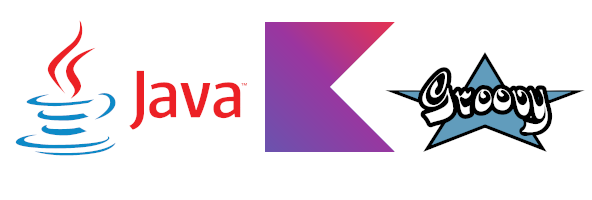Overview of linters
A linter is a software tool that analyzes codebase for bugs, errors, and other mistakes that impact its quality and can cause problems. Basically, each Qodana linter is associated with a specific programming language and helps you:
Detect anomalous code and probable bugs
Eliminate dead code
Highlight spelling problems
Improve overall code structure
Introduce coding best practices
Check third-party license compatibility. This feature is available in several linters
Upload analysis reports to Qodana Cloud
Currently, several linters provide inspections for several programming languages.
Project languages | Supported by linters / linter name * | Available under license(s) |
|---|---|---|
 | Qodana for JVM / Qodana Community for JVM / Qodana Community for Android / Qodana for Android / | |
 | Qodana for PHP / | |
 | Qodana for JS / Qodana for PHP / Qodana for .NET / Qodana for JVM / Qodana for Android / Qodana for Python / Qodana for Go / Qodana for Ruby / | Ultimate and Ultimate Plus for all linters |
 | Qodana for .NET / Qodana Community for .NET / Qodana Community for C/C++ / Qodana for C/C++ / | |
 | Qodana for Python / Qodana Community for Python / | |
 | Qodana for Go / | |
 | Qodana for Ruby / |
* Each linter from this table can be invoked using the --linter option, see the Analyze projects for details.